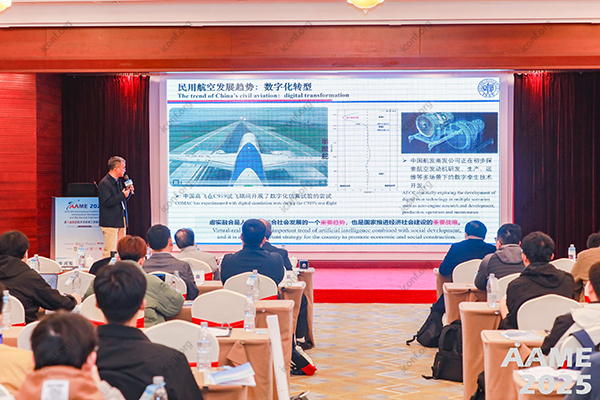Is This Academic Conference Worth Attending? Here's How to Tell
Academic conferences are a valuable part of any researcher’s career — offering a stage to present work, connect with peers, and gain feedback. However, not every conference is equal in quality, impact, or academic value. With limited time and resources, you need to be selective.
So, how can you tell if a conference is truly worth attending? Below are several key criteria that can help you make a smart, informed decision.

A professional and transparent website is the first sign of a serious academic conference. Pay attention to:
Conference history and previous editions
Details about the review process
Clear submission deadlines
Information about the organizing committee
If the website lacks basic information or looks poorly maintained, it could indicate a lack of credibility.
High-quality conferences are often affiliated with universities, research institutes, or professional societies. Check who is backing the event. Is it hosted by a credible organization? Are academic departments or international associations involved?
Avoid events that are organized by commercial entities with no academic ties.
The conference should have a focused and well-defined scope that matches your research area. Be wary of overly broad conferences that try to cover too many unrelated topics, as these often indicate low academic standards and poor review practices.
Choose conferences that attract participants within your discipline or a clearly related field.
Well-known keynote speakers and respected committee members are good signs of academic quality. Look at their:
Institutional affiliations
Research publications
Prior involvement in top-tier conferences
If the speaker list is impressive and aligns with your academic interests, it may indicate a well-respected event.
Find out where the conference proceedings will be published. Are they indexed in Scopus, EI Compendex, or Web of Science? Is there an official publisher like IEEE, ACM, or Springer?
Indexed publications add real value to your academic profile. If the conference does not publish papers or lacks indexing, you may want to reconsider.
Watch out for warning signs, such as:
Unusually high acceptance rates
Promises of publication with minimal review
Aggressive spam-like invitations
Very high registration fees without a clear breakdown
These may signal predatory or profit-driven conferences that offer little academic merit.
Reach out to professors, colleagues, or mentors. Ask if they’ve heard of the event or attended past editions. Online forums, academic networks, and platforms like ResearchGate often contain feedback from previous participants.
First-hand experiences from trusted peers can offer honest insights you won’t find on the official site.
Attending the right academic conference can significantly benefit your research visibility, collaborations, and academic growth. But poor-quality or misaligned conferences waste time and dilute your scholarly efforts.
To avoid uncertainty, explore iconf.org — a dedicated platform that helps researchers find trusted, high-quality academic conferences across all disciplines.